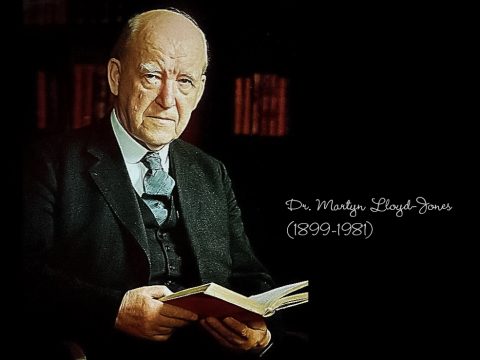What, then, is the difference between knowledge and wisdom? I feel that this is one of the most urgently needed distinctions at this present time. If I understand anything at all about the modern world and its educational systems, I would say that we have gone wrong because we have failed to draw the vital distinction between knowledge and wisdom.
We today go in for knowledge. We are growing encyclopedias. It is the age, is it not, of digests – collections of knowledge – and we are a most knowledgeable people. I suppose that modern men and women know far more than any of their predecessors have ever known. Yes; but what is so obviously lacking in the modern world?
Let me suggest a few things for you to reflect upon. First, the source of knowledge is study; the source of wisdom is discernment. You get your knowledge by studying, but you do not get wisdom that way. People can study a great deal but not get wisdom, because they lack discernment, because they lack the ability to see.
Second, knowledge is what is commonly called discursive in its character, whereas wisdom is more intuitive. Knowledge is something that you can arrive at by conversation and talk and consideration. Whereas wisdom is, in a sense, almost something that someone is born with as a gift. We all realize that, do we not? There are some people who seem to be born naturally wise people. They may not have very great knowledge, but if you want advice you go to them. There are other people who have a great deal of knowledge, but you would never dream of taking their opinion, because you feel they are lacking in wisdom. You will often find, for example, that many a member of the legal profession may make a good advocate but a very poor judge, though he may have a great knowledge of law. The two things are very different.
Then there are further differences between knowledge and wisdom. Knowledge is generally theoretical; wisdom is always practical. Knowledge, as such, is not really concerned about life and living; it is simply interested in the knowledge of things for the sake of knowing them. But wisdom always has a practical objective. It is the capacity to make use of the knowledge you have; to apply it; to bring it down to the practical level. It wants to live. It wants to do something.
And my last distinction is that in knowledge you have the mind acting apart from the will, whereas where wisdom is concerned you have the mind acting in subservience to the will. In other words, wisdom is the right kind of knowledge. And I think you will agree with me that this kind of knowledge is seriously needed in the modern world. You have great numbers of clever people, but, oh, what a tragic lack of wisdom!
Martyn Lloyd-Jones. Great Doctrines of the Bible.



